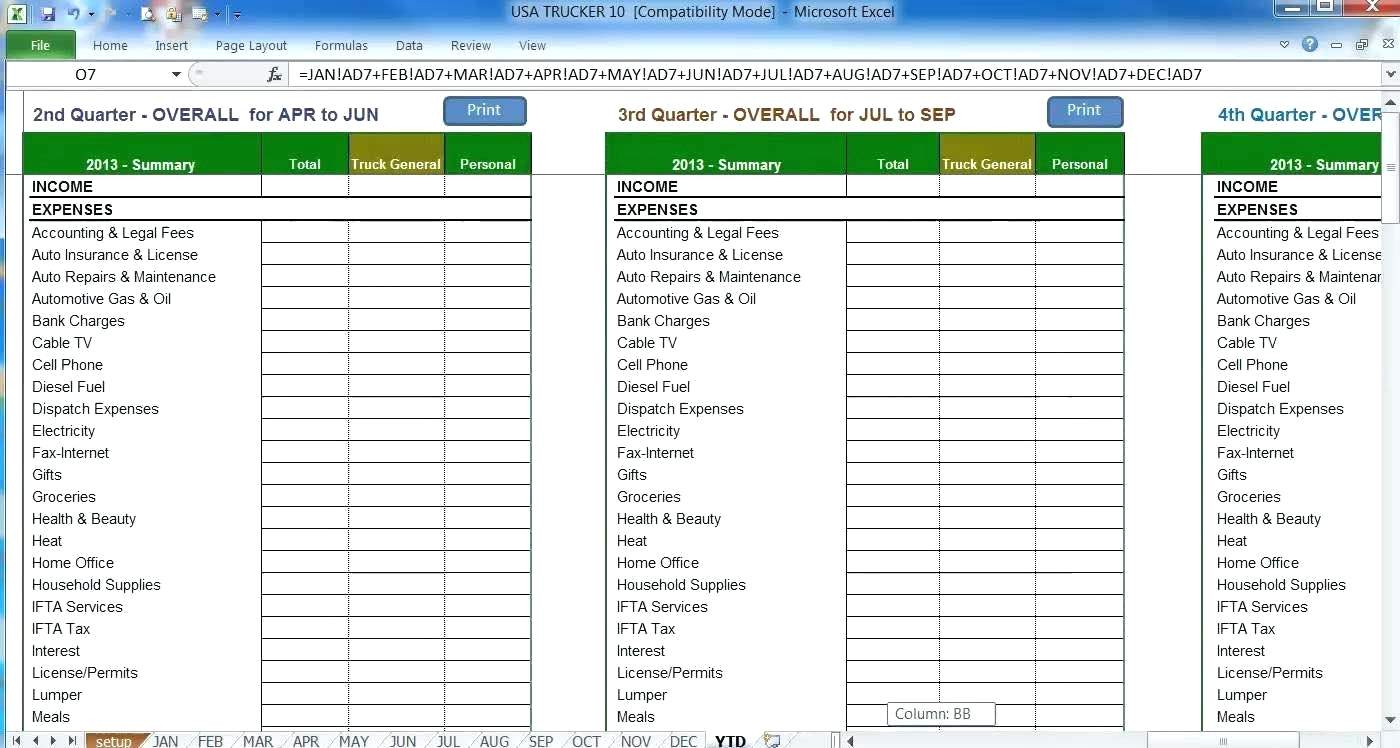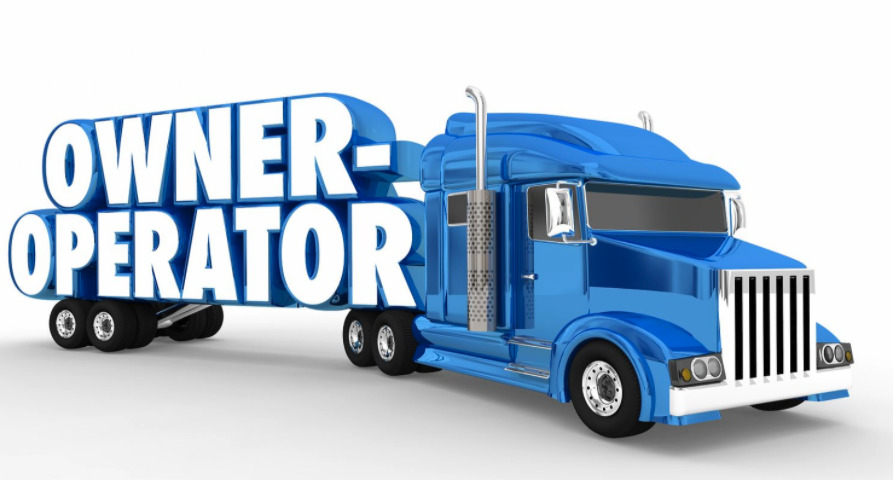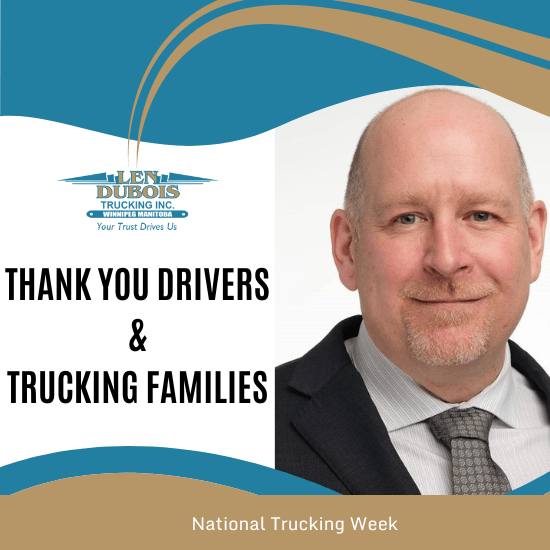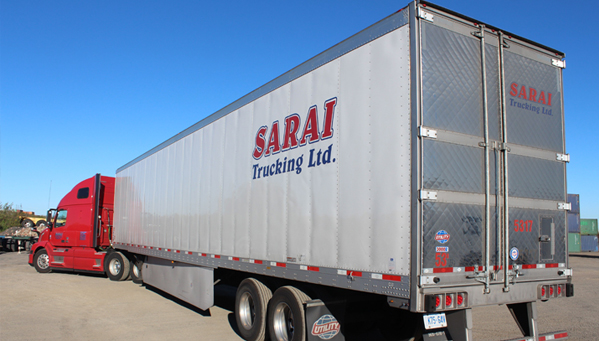Can Truck Drivers Sign for Owner Operators? Legal Insights

In the dynamic world of freight logistics, the relationship between truck drivers and owner-operators can often be a source of confusion. Many prospective truck drivers, current drivers, and owner-operators alike wonder about the legality and practicality of one signing for another in various operational or contractual scenarios. Here, we delve into the intricate legal landscape to provide clarity on whether truck drivers can sign for owner-operators and what implications might arise from such an action.
Understanding the Legal Landscape

Before we can discuss whether truck drivers can sign for owner-operators, it's essential to understand the different roles and the legal frameworks governing these relationships.
- Truck Drivers: Employees or independent contractors who operate the vehicles, delivering goods to specified destinations.
- Owner-Operators: Individuals who own their trucks, lease them to a company, or haul freight directly, often employing or contracting drivers to operate their vehicles.
The Question of Authority and Liability

When it comes to signing documents, particularly legal or contractual ones, the authority to act on behalf of another party is a critical issue. Here are key points to consider:
Contractual Signing

Truck drivers generally cannot sign legal or contractual documents on behalf of an owner-operator unless:
- They have been explicitly given power of attorney or authority through written consent.
- The document isn't legally binding or changes the contract's terms, like daily logs or receipts for fuel purchases.
⚠️ Note: Any document signed without proper authority can lead to legal disputes and could be considered fraudulent.
Liability and Insurance

When drivers operate under an owner-operator's authority, liability issues can arise:
- Legal liability: The owner-operator typically remains liable for the driver's actions. Thus, any contractually binding document signed by the driver impacts the owner-operator's liability.
- Insurance coverage: Insurance agreements between the truck driver and owner-operator or the company are pivotal. If a driver signs a document, it might affect the insurance coverage depending on the terms laid out in the policy.
Practical Applications and Common Scenarios

Here are common scenarios where signing might be necessary:
Lease Agreements

A truck driver may not sign a lease agreement for the truck, as it involves the transfer of ownership or rights over the vehicle, which is a significant legal transaction.
Receipts and Bill of Lading

For day-to-day operations, truck drivers often sign:
- Receipts for fuel, repairs, or other expenses.
- Bill of Lading to confirm the goods have been delivered.
📝 Note: Signing daily operational documents is part of the driver's job, but it doesn't equate to signing for the owner-operator's business agreements or legal matters.
Legal Implications of Unauthorized Signing

Signing documents without authorization can lead to serious legal ramifications:
- Fraud: Pretending to have the authority to sign can result in fraud charges.
- Contract Voidability: Contracts might be voidable if signed by an unauthorized party.
Best Practices for Driver-Owner Relationships

To prevent confusion and ensure legal compliance, consider the following best practices:
- Maintain clear, written agreements about the scope of authority.
- Implement checks and balances for document signing to confirm all parties understand and agree.
- Include provisions in contracts detailing who can sign and under what conditions.
🤝 Note: Clearly defined roles and responsibilities protect both the driver and the owner-operator from legal entanglements.
To summarize, truck drivers typically cannot sign on behalf of owner-operators in legally binding scenarios unless given explicit written authority. While daily operations like signing for fuel or load delivery might be routine, the distinction between operational signatures and legal ones is vital. Clear communication, understanding of legal implications, and proper documentation are the keys to maintaining a robust driver-owner operator relationship, ensuring compliance and reducing the potential for disputes or legal challenges.
Can a truck driver sign for an owner-operator for fuel or repairs?

+
Yes, truck drivers can sign for operational needs like fuel or minor repairs, as these activities are part of their daily duties. However, this does not extend to binding legal contracts.
What are the legal consequences if a truck driver signs a contract they’re not authorized to sign?

+
The contract could be voidable, and the driver might face legal repercussions like fraud. The owner-operator could also be held liable for the unauthorized actions of their employee or contractor.
How can owner-operators ensure their drivers do not sign documents they shouldn’t?

+
By providing clear written guidelines, setting up a chain of authority, and regularly communicating the boundaries of a driver’s signing authority.